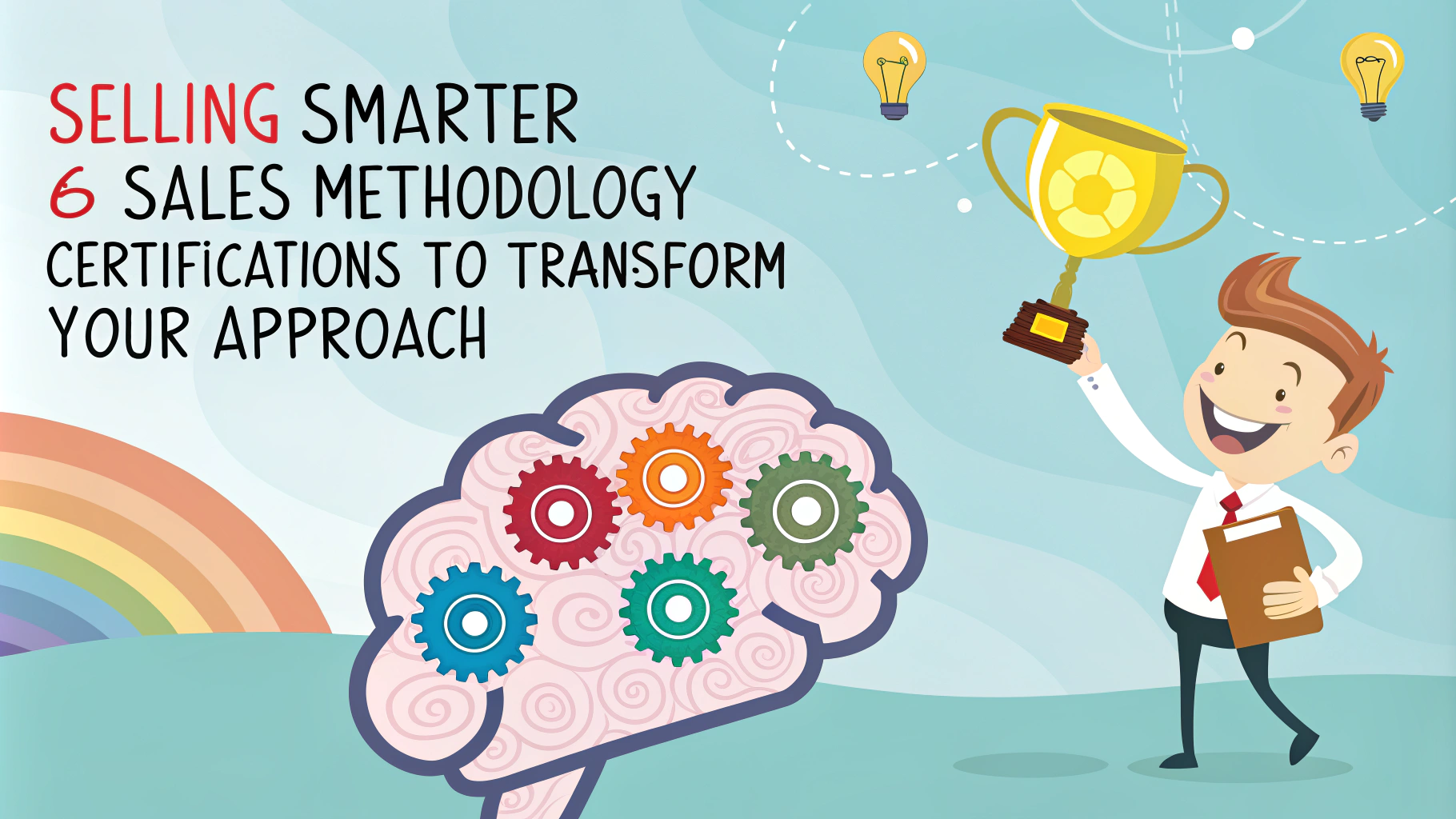San Diego is home to a vibrant business community, and with the ever-growing competition, sales training has become a critical investment for companies and individuals seeking to boost their performance.
From personalized coaching to corporate training programs, these top six sales training companies in San Diego stand out for their innovative approaches and proven results. Let’s explore their offerings in detail.
1. Dale Carnegie Training of San Diego
Dale Carnegie Training has been a cornerstone of professional development for over a century, and their San Diego branch upholds this tradition with a focus on enhancing interpersonal skills, leadership, and sales acumen. They help individuals and teams build confidence, communicate effectively, and create meaningful client relationships.
Key Programs
- Sales Advantage Course: Covers consultative selling, handling objections, and closing deals with confidence.
- Leadership and Communication Training: Helps sales professionals improve team collaboration and client engagement.
Why Choose Them?
Their interactive and immersive training style ensures participants retain and apply what they learn immediately.
Contact Info:
- Website: Dale Carnegie Training of San Diego
- Location: Multiple locations across San Diego County
- Specialty: Time-tested methodologies and practical tools for improving sales performance.
2. San Diego Consulting Group
The San Diego Consulting Group (SDCG) offers a range of services tailored to businesses looking to scale their sales operations. Their Rainmaker Sales Training program equips teams with the strategies needed to close complex deals.
Key Programs
- Rainmaker Sales Training: A comprehensive program covering prospecting, qualifying leads, and closing high-value sales.
- Sales Process Optimization: Helps companies design effective sales pipelines and workflows.
Why Choose Them?
SDCG emphasizes data-driven techniques and customizes training programs to align with the unique needs of each business.
Contact Info:
- Website: San Diego Consulting Group
- Location: San Diego, CA
- Specialty: Tailored training for B2B and enterprise sales teams.
3. Consilio Training & Solutions
Consilio specializes in designing personalized training programs that integrate seamlessly with a company’s existing processes. Their mission is to make sales professionals more effective through a consultative and relationship-driven approach.
Key Programs
- Six-Step Sales Process Training: Breaks down the sales cycle into actionable steps to improve efficiency and effectiveness.
- Team Training Workshops: Focuses on collaborative selling and relationship management.
Why Choose Them?
Their hands-on coaching style and emphasis on measurable outcomes set them apart in the industry.
Contact Info:
- Website: Consilio Training & Solutions
- Location: San Diego, CA
- Specialty: Relationship-based selling strategies tailored to company goals.
4. Sandler Training
Sandler Training has a global reputation for excellence in sales and leadership development. Their San Diego office provides localized support while leveraging the brand’s internationally recognized techniques.
Key Programs
- Strategic Sales Training: Teaches professionals how to identify prospects’ pain points and present tailored solutions.
- Sales Leadership Coaching: Equips managers with tools to lead high-performing sales teams.
Why Choose Them?
Their unique, incremental learning approach ensures skills are built and reinforced over time.
Contact Info:
- Website: Sandler Training San Diego
- Location: San Diego, CA
- Specialty: Comprehensive training for both sales reps and sales managers.
5. TrainSmart
TrainSmart provides customized corporate training programs that include a focus on sales skills. They work with companies of all sizes to design and implement training solutions that align with their business objectives.
Key Programs
- Sales Effectiveness Workshops: Emphasizes practical tools and techniques to improve selling skills.
- Soft Skills Development: Includes modules on communication, negotiation, and client engagement.
Why Choose Them?
Their ability to tailor programs to specific industries and company cultures makes them a popular choice for organizations with diverse needs.
Contact Info:
- Website: TrainSmart
- Location: San Diego, CA
- Specialty: Bespoke training solutions for corporate teams.
6. The Sales Coaching Institute
The Sales Coaching Institute focuses on providing one-on-one and group coaching to improve the skills and strategies of sales professionals. Their San Diego team specializes in helping businesses overcome sales challenges and achieve measurable growth.
Key Programs
- Sales Leadership Training: Develops the skills necessary for leading high-performing sales teams.
- Sales Performance Coaching: Focuses on individual growth with tailored feedback and development plans.
Why Choose Them?
Their personalized coaching approach ensures professionals receive the attention and guidance needed to excel.
Contact Info:
- Website: The Sales Coaching Institute
- Location: San Diego, CA
- Specialty: Individualized coaching for sales professionals and leaders.
Conclusion
Whether you’re looking to refine your individual sales skills or train an entire team, these top six companies in San Diego provide a variety of programs and techniques to help you achieve your goals.
Each organization brings unique expertise, making it easier to find a solution that aligns with your specific needs.
Investing in professional sales training not only boosts performance but also sets you apart in a competitive marketplace. Ready to take your sales skills to the next level? Explore these companies and see the transformation for yourself!





